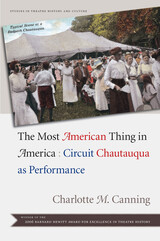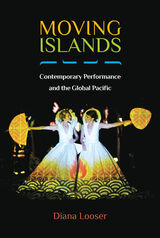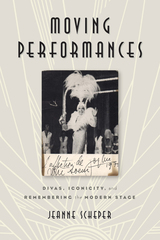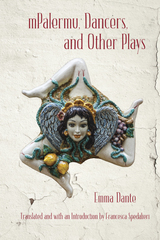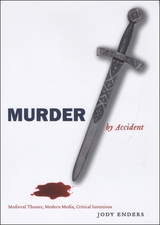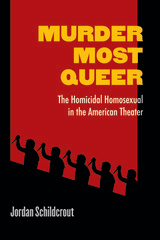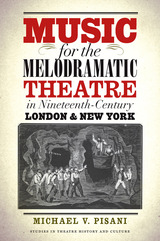Paper: 978-0-8214-2668-5 | eISBN: 978-0-8214-2669-2
Midsummer Night’s Toast is a collection that answers to no one, a freedom we learn the speaker has finally afforded herself after a half-life spent under the glaring light of tradition, fear, of men, of institutions. She’s answered to her parents, to students, to academia, shame, to the workshop model, to various earlier versions of herself and is ready—in short—to have a good time. The invite list for this particular party belongs entirely to her: friends, street names, Kelly Ripa inside a crossword puzzle, bounced checks, hurricanes and Marilyn Hacker, frat boys and birds, bridal shops, Chaucer, the pictures her husband draws, King Arthur, Adrienne Rich. She’s sad for sure, and angry, but she’s also fierce as fire. At times these poems feel hurried, because they are. The landscape of this book feels like that penultimate moment in When Harry Met Sally when Billy Crystal says, “When you realize you want to spend the rest of your life with somebody, you want the rest of your life to start as soon as possible.” Mamie Morgan is reenacting a half-life of pain utilizing a kaleidoscope she’s crafted from discarded paper, felt, cheap gemstones, crayons worn to nubs, and mixtapes. Lots of mixtapes.

